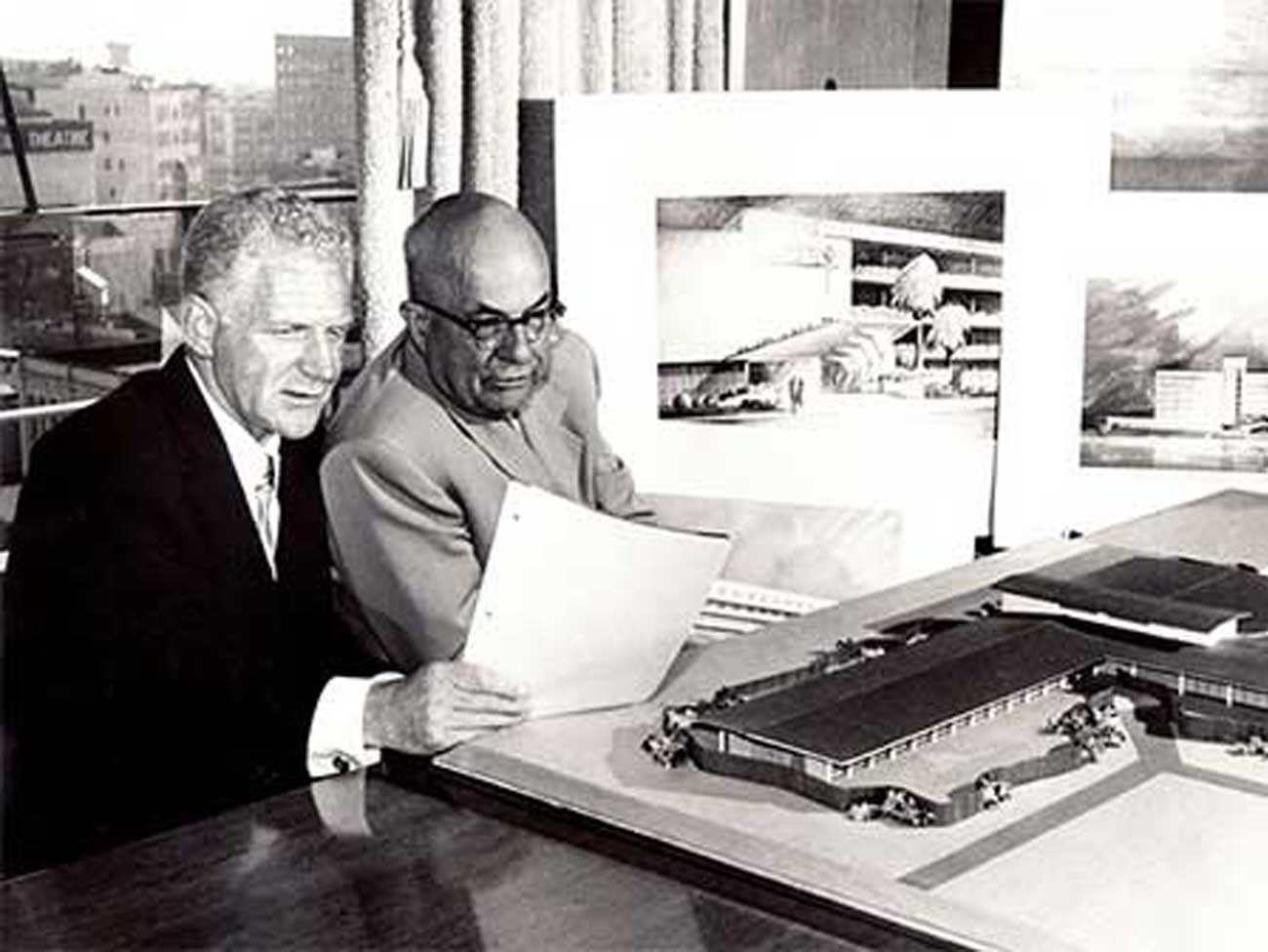Nah. Several years earlier. Somebody saw an opportunity to make some money.
No government involvement before the WWII price controls.
Sidney R. Garfield, MD, and Henry J. Kaiser came together to pioneer an innovative health care model.
about.kaiserpermanente.org
More an accident of history than anything else, a product of World War II and tax policy, it is the system we seem to be stuck with.

www.nytimes.com
The Real Reason the U.S. Has Employer-Sponsored Health Insurance
By
Aaron E. Carroll
The basic structure of the American health care system, in which most people have private insurance through their jobs, might seem historically inevitable, consistent with the capitalistic, individualist ethos of the nation.
In truth, it was hardly preordained. In fact, the system is largely a result of one event, World War II, and the wage freezes and tax policy that emerged because of it. Unfortunately, what made sense then may not make as much right now.
Well into the 20th century, there just
wasn’t much need for health insurance. There wasn’t much health care to buy. But as doctors and hospitals learned how to do more, there was real money to be made. In 1929, a bunch of hospitals in Texas joined up and formed an insurance plan called
Blue Cross to help people buy their services. Doctors didn’t like the idea of hospitals being in charge, so some in California created their own plan in 1939, which they called
Blue Shield. As the plans spread, many would purchase Blue Cross for hospital services, and Blue Shield for physician services, until
they merged to form Blue Cross and Blue Shield in 1982.
Most insurance in the first half of the 20th century was bought privately, but few people wanted it. Things changed during World War II.
In 1942, with so many eligible workers diverted to military service, the nation was facing a severe labor shortage. Economists feared that businesses would keep raising salaries to compete for workers, and that inflation would spiral out of control as the country came out of the Depression. To prevent this, President Roosevelt signed
Executive Order 9250, establishing the Office of Economic Stabilization.
This froze wages. Businesses were not allowed to raise pay to attract workers.
Businesses were smart, though, and instead they began to use benefits to compete. Specifically, to offer more, and more generous, health care insurance.
Then,
in 1943, the Internal Revenue Service decided that employer-based health insurance
should be exempt from taxation. This made it cheaper to get health insurance through a job than by other means.
After World War II, Europe was devastated. As countries began to regroup and decide how they might provide health care to their citizens, often government was the only entity capable of doing so, with businesses and economies in ruin. The United States was in a completely different situation. Its economy was booming, and industry was more than happy to provide health care.


